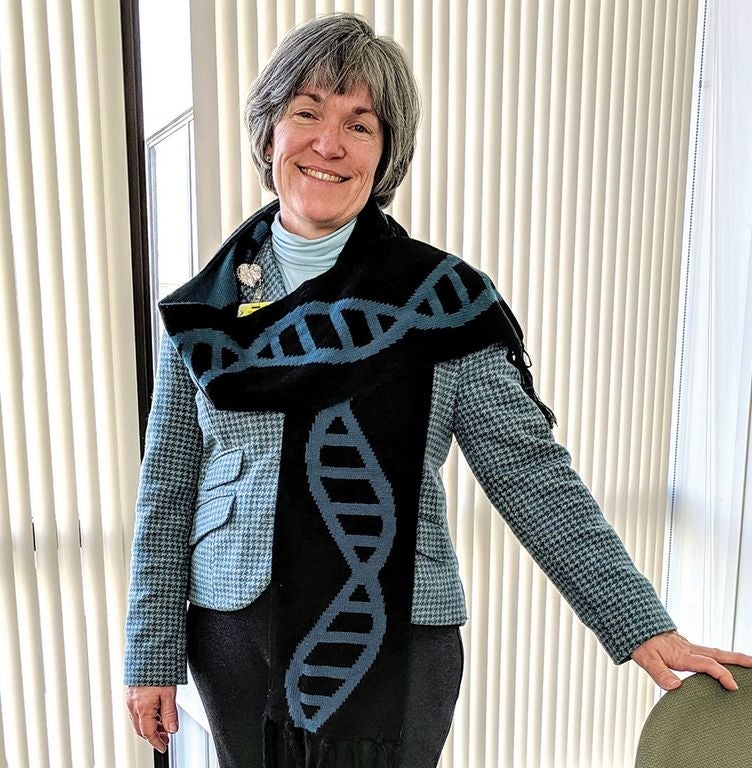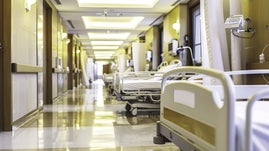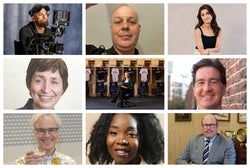Helping to interpret 23andme
 Dr. Beverly Hay
Dr. Beverly Hay
Not too long ago, a patient would need to go to relatively great lengths – and expense – to find out his or her genetic history and what that might mean for risks of certain diseases or conditions. That’s no longer the case, thanks to 23andMe, AncestryDNA and other affordable kits letting people send their saliva off to be tested. They can find where their ancestors come from – as well as whether they might be at high risk of, say, cystic fibrosis. That’s where Dr. Beverly Hay comes in.
How much have at-home genetic tests changed how people understand their genetic history?
I make a big distinction between ancestry and the medical side. In terms of ancestry, that’s great for a recreational type of use. It’s making genetics a bit more understandable for most of us. Most people now aren’t afraid of genetic testing. When I ask about family history, now it’s based on data instead of what people may have been told through family lore.
Do you get many questions these days from patients who’ve taken these tests?
Not too many. I’ve been in practice for more than 15 years. The availability of these tests has gone up in the past three to five years. But patients don’t necessarily come in with test results, not as much as I would have guessed. My guess is that they go to their primary care doctor with questions.
Are the tests reliable?
Not exactly. A study last year in the journal Genetics in Medicine found 40 percent of information consumers were given was wrong, such as saying they were positive for something when they weren’t. That’s where I get nervous about the medical side of things.
Is there much a patient can do knowing if they’re more likely to be a carrier of a disease?
Sometimes it changes what we do medically, and sometimes it helps prepare yourself. We can do extra screening for colon cancer, for example. Or we can prescribe medications to reduce risks further. If you’re found to be more at risk for cancer, it doesn’t mean that you’re going to get cancer, just that you’re at a higher risk. So we can sit down and talk about what we’d do. For other things, like Alzheimer’s, there’s not much we can do.
How do these tests affect couples for family planning?
If someone in a couple found they were a carrier of something, using a reproductive technology like in vitro fertilization, you can test each embryo and use those not affected by those diseases. Some people don’t want to know anything before the baby is born, but the benefit of genetic knowledge is being able to make a decision about it instead of being affected without knowing it. That’s why people do genetic tests, to be able to know ahead of time.
How do you describe to patients the process of how these tests work?
I compare it to mile markers on the MassPike. There are signposts along the way to mark where we are. But the tests aren’t so useful to say, like, this gene causes Alzheimer’s or cancer. Each company doing these genetic tests uses different mile markers, so results don’t come back the same. You could get different results, one saying you’re a carrier for a certain condition, and one that says you might not be.
What is the overall effect of these tests then, is it mostly positive or more problematic?
It’s a little mixed. It’s something to help people as a piece of their family history. But I don’t find them as useful in a professional, medical way. Potential inaccuracies with whether someone is a carrier worries me a little. But if it brings someone in to the office to get more information, that’s great. We can do follow-up clinical testing.
This interview was conducted and edited for length and clarity by WBJ News Editor Grant Welker.













0 Comments